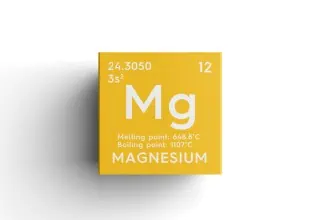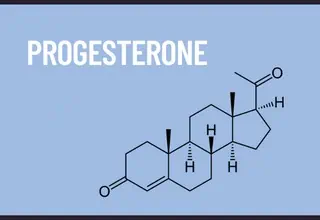
In women’s health, magnesium is the “Swiss Army knife” of nutrients—beneficial for everything from period pain to PCOS and PMS. It’s also a powerhouse for perimenopause, and here’s why.
Lara Briden - The Period Revolutionary
Leading the change to better periods and hormones
Natural and nutritional treatment for the symptoms of perimenopause.

In women’s health, magnesium is the “Swiss Army knife” of nutrients—beneficial for everything from period pain to PCOS and PMS. It’s also a powerhouse for perimenopause, and here’s why.

In women, too much testosterone can promote insulin resistance and visceral fat.
That’s why androgen excess is the primary driver of weight gain with polycystic ovary syndrome (PCOS), some types of birth control, and perimenopause.

Progesterone has been both ignored and wrongly blamed for side effects it does not cause. How did that happen?
For one thing, progesterone was discovered shortly after estrogen. Thus missing the opportunity to be part of the tidy hormone dichotomy of “testosterone for men and estrogen for women.” Also, progesterone could not (at first) be made into an oral medication, so was replaced by progestins.

Is your low blood sugar a symptom of insulin resistance or mild dysfunction of the autonomic nervous system?
In episode 16 of my podcast, I return to the topic of hypoglycemia to discuss the difference between insulin resistance and dysautonomia, why unstable blood sugar does not automatically mean insulin resistance, and my concerns about continuous glucose monitoring.